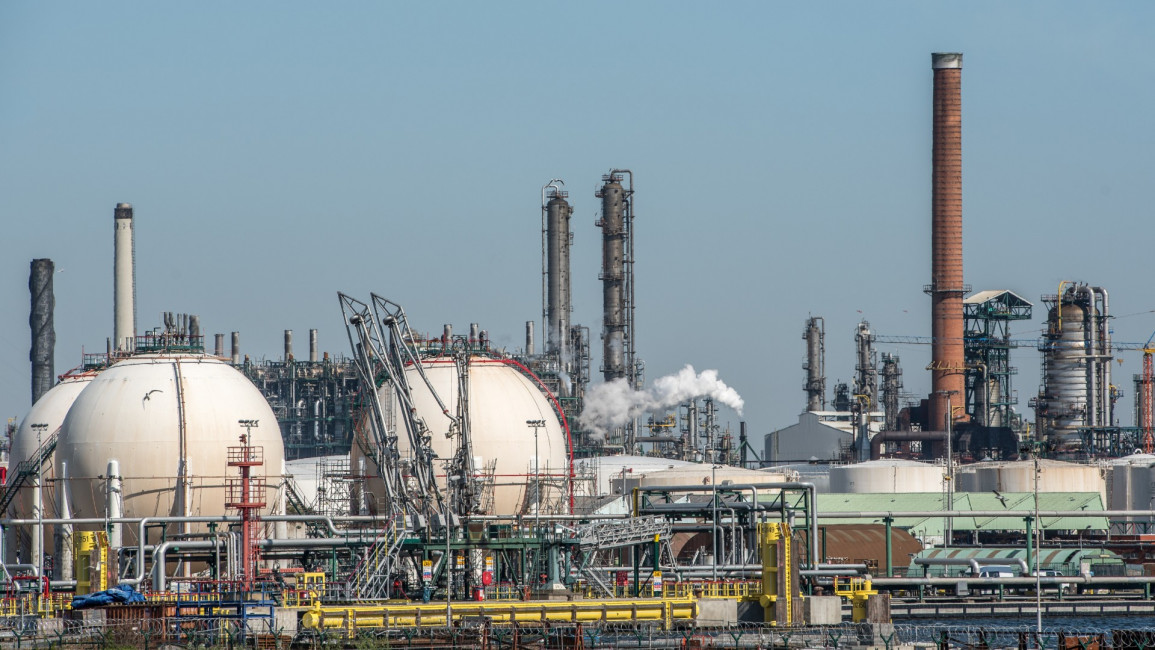OPEC+ calls last-minute talks over likely delay to planned oil production increase
Russia's Deputy Prime Minister Alexander Novak and Saudi Energy Minister Abdulaziz bin Salman summoned the OPEC+ ministers in charge of oil production to an informal video conference, Bloomberg reported.
The OPEC+ group, which combines member states of the Organization of Petroleum Exporting Countries (OPEC) and 10 other oil-producing nations, is believed to be leaning towards delaying a planned increase in oil output.
Three sources close to OPEC+ told Reuters that the group is likely to maintain the production cuts brought in at the start of the Covid-19 pandemic.
But public complaints from countries such as Iraq and Nigeria means such an outcome is not guaranteed, Bloomberg reported.
The informal meeting called by Saudi Arabia and Russia will be held just days before a full OPEC ministerial meeting planned for November 30. OPEC+ countries will join this meeting on December 1.
Algerian Energy Minister Abdelmajid Attar told Bloomberg News on Thursday that OPEC+ must remain cautious.
The Algerian minister said that the recent surge in oil prices could be fragile. Algeria currently holds OPEC's rotating presidency.
After the Covid-19 pandemic plunged the global economy and oil demand into a tailspin, OPEC+ states agreed in April to a record 9.7 million barrels a day in production cuts.
Despite the agreed cuts to production, several member countries have flouted the agreement. The UAE, Iraq and others have produced more oil than their quotas allow them to in recent months.
Aramco's chief executive was optimistic last month, predicting the crude oil market could recover to pre-coronavirus levels by 2022.
"The worst is definitely behind us", Aramco's chief executive Amin Nasser told the Energy Intelligence group.
"My prediction is hopefully we will recover by 2022."
Oil consumption dropped by an unprecedented eight percent this year. The International Energy Agency estimates that demand will return to pre-crisis levels in 2023, although some observers speculate that the world may have reached peak oil demand.
Agencies contributed to this report
Follow us on Facebook, Twitter and Instagram to stay connected



![Lebanese protesters take part in a demonstration in support of Palestinians on 18 May 2021 in Beirut, Lebanon. [Getty]](/sites/default/files/styles/image_212x120/public/2021-06/GettyImages-1232967618.jpg?h=58c8a5e7&itok=VxDT8yaL)